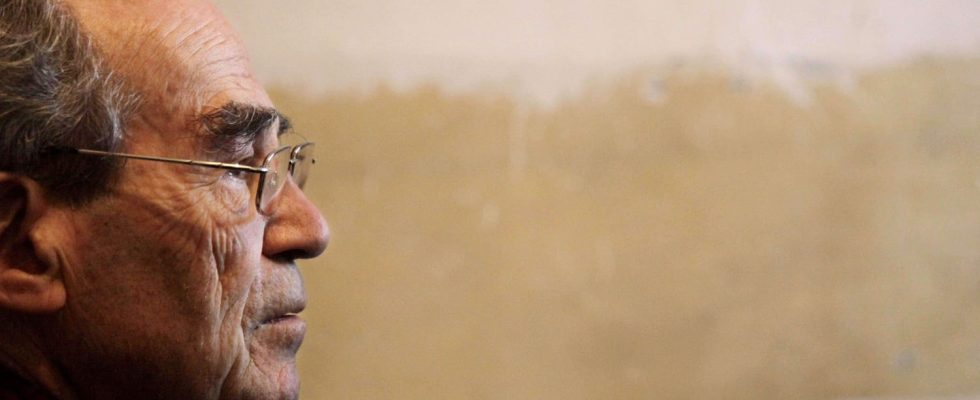Robert Badinter is not only the man who fought the death penalty. The story of his childhood in Lyon, that of a young Jew in full collaboration, has also become essential…
Robert Badinter died this Friday, September 9. If History will undoubtedly remember the slayer of the death penalty in France, the former Minister of Justice will in reality have led multiple battles over the course of several lives, making him a much broader symbol of the traumas of after war. Robert Badinter was born on March 30, 1928, in the 16th arrondissement of Paris. He was barely 10 years old when war broke out in Europe before spreading across the world. Coming from Jewish parents from Bessarabia, in the south-east of Europe, he will recount several times, during interviews or in books, this fate of Jewish families in occupied and collaborationist France. An essential testimony which undoubtedly explains this constant desire to fight against injustice.
Among his first memories of “unbelievable intensity”, Robert Badinter will notably evoke the debacle of June 1940 as a “stunning vision” of the “disbandment” of the French army. He will also describe in detail the first anti-Semitic measures of the occupation, which hit the country from July 1940 with the law on denaturalizations, then from October 1940 with the status of the Jews. “My childhood ended on May 10, 1940,” Robert Badinter repeated several times, notably in Idisa book dedicated to his grandmother and written at the end of her life (Fayard, 2018).
In 1941, the Badinter family decided to leave the occupied capital for Lyon, in the free zone. A choice which will not protect her, like many other Jewish families, from the Shoah which will decimate the Jews of Europe. Robert Badinter will keep a painful wound from this passage in the Rhône, described as “an era of great baseness”. On the atmosphere which reigned in Lyon particularly at the time, he even went so far as to speak of the terrible “spectacle of this city dripping with Pétainism”. “It was much worse than in Paris. In the capital, most Parisians attributed their suffering to the Germans. The Lyonnais, for their part, were more inclined to incriminate the Jews, especially foreigners,” he declared to L’ Express in 2018.
Robert Badinter will recount the “degrading atmosphere” which reigned in the city, an atmosphere “of incredible mediocrity, marked by adoration for an old man like the Marshal who embodied a glorious past”. This city held with an iron fist by the “Butcher of Lyon”, the head of the Gestapo Klaus Barbie, will be the site of hundreds of arrests. It was Klaus Barbie who organized the raid on Rue Sainte-Catherine in early February 1943, leading to the capture of Simon Badinter, Robert’s father. “When we found out, my mother and I immediately understood that we were no longer safe at home, because my father had identity papers on which our address was indicated,” the latter explained to Le Point en 2012. “We packed our bags and left to take refuge with friends.”
Simon Badinter will be deported to Drancy, then Pithiviers, before being assassinated in the Sobibor camp, in Poland. Robert Badinter lost other relatives, such as his paternal grandmother and his maternal uncle, arrested in Paris and also deported. It is a miracle and a governess who will save him, his mother and his brother. The decimated family finally found refuge in Cognin, in the suburbs of Chambéry. A place where Robert Badinter was even educated thanks to false papers and which he would later describe, as opposed to Lyon, as a “protective cocoon”.
